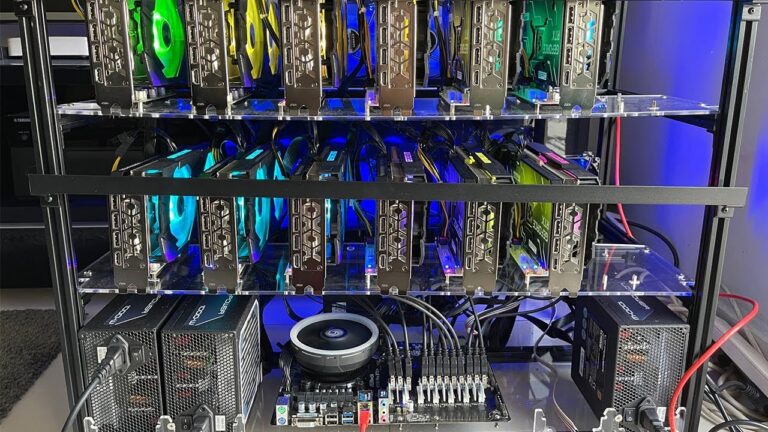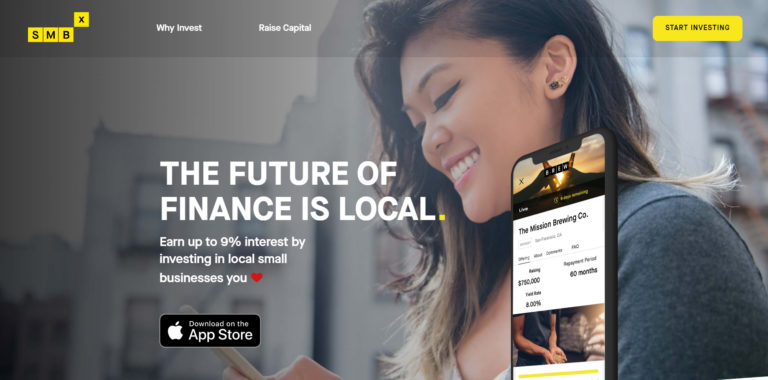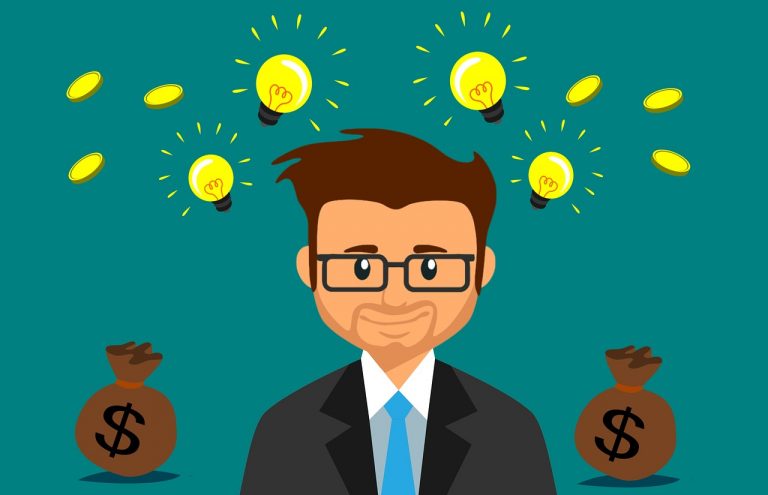US families face 2 main financial problems: low savings and huge debt. After years of trying to pay off debt or save money, most people ask themselves: ‘Which should come first? Debt payment or savings?’
There is no clear answer to this personal finance question; a big debt is preventing you from properly saving and it also makes you lose money each month because of the high interest rates.
So, should you pay off debt or save?
I actually liked Dave Ramsey‘s approach to getting financially independent. While not all baby steps work for all families, his system makes a lot of sense and can help you get back on track.
Related article
Dave Ramsey – The Total Money Makeover: A Proven Plan for Financial Fitness
Start by saving for an emergency fund
Chances are you got in debt because you lacked enough savings. You didn’t have enough money for college, so you got a student loan, you have a mortgage, maybe some credit card debt and a car loan. Or any combination of these.
Keeping your savings accounts empty will only add up to these problems.
The moment you need to pay for something important (healthcare, insurance, taxes etc.), if you don’t have any savings, you’ll need to get more loans and drown in debt.
This is why the first step should be to save money for an emergency fund.
Dave Ramsey talks about a grand, start with this goal in mind.
Even if it’s just few hundred dollars at first, it’s way better than nothing. Now, if your car breaks or you need to pay for something really important, you don’t have to get back in debt for this.
As soon as you have secured an emergency fund, it’s time to tackle your debt.
Start paying high interest debt first
Related article:
How to Get out of Debt: Three Debt Payment Strategies You Should Be Trying
There are 2 ways to look at debt – pay off the smaller balance or higher interest debt.
Mathematically, you should pay off the debt that’s costing you the most. If you have debt at 3.5% interest rate and other at 15% interest rate, for instance, it makes more sense to pay off the 15% interest rate one, since you are losing MORE money every year because of it.
Credit card debt falls under this category and is one of the main reasons why people still carry a lot of debt.
Don’t just pay your minimum, or you’ll be paying off this debt for 50 more years.
There are lots of tricks to employ, including refinancing, but the idea is to actually do the hard work and pay off your loans, one by one.
As soon as you clear out a loan, go after all remaining debt.
Use any windfall to speed up debt repayment. Try to freelance, for a while, to get some extra bucks. Stop spending recklessly and use this experience to teach you to become more frugal.
Debt payment and savings don’t have to exclude each other, they are equally important for your financial future.




